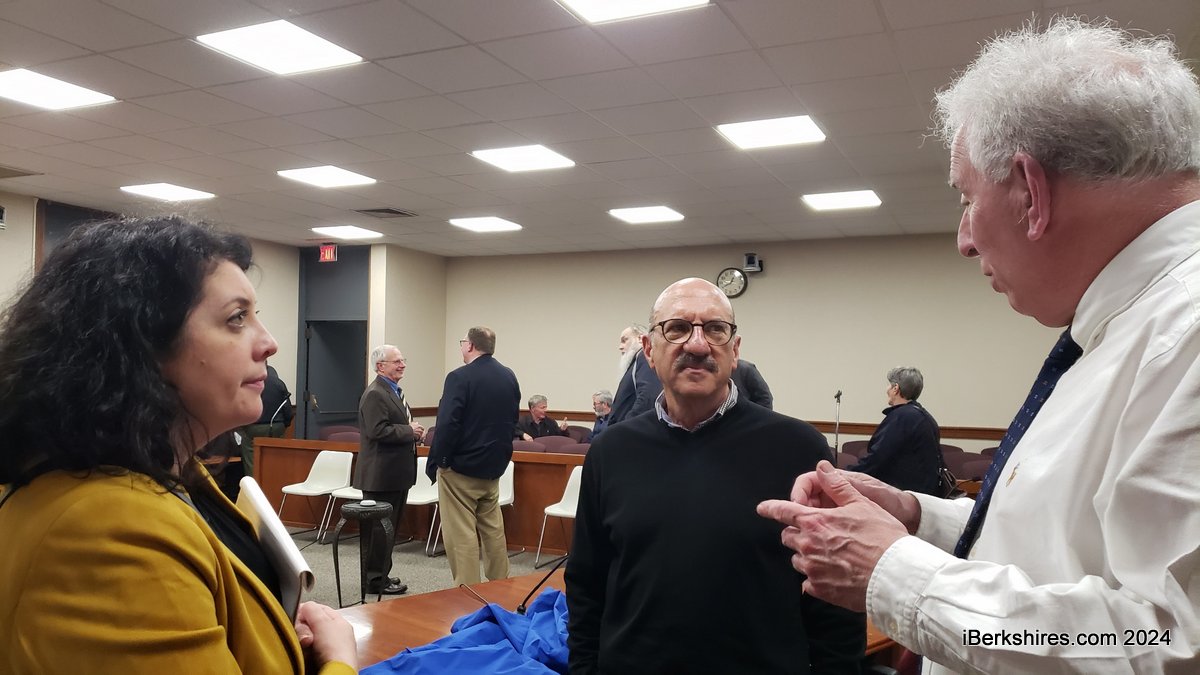Here’s How to Keep Your Portfolio Healthy
 |
If you have a medical appointment this week, you might want to wish your nurse a happy National Nurses Week. This annual event is designed to celebrate the important role nurses play in health care.
Of course, while nurses and doctors can help you in many ways, you can do a lot of good for yourself by adopting healthy living habits, such as eating right, exercising frequently, and so on. But you can also do much to help your financial health.
Here are a few suggestions:
Stay invested. During times of market volatility, it can be temping to head to the investment “sidelines” until things “cool off.” Going to the sidelines can mean a few different things – you could simply not invest anything for a while, or you could move a substantial portion of your portfolio to “cash” instruments, which are safe in the sense of preserving your principal but offer almost nothing in the way of return or protecting against inflation. If you’re not investing during a market downturn, or if you’ve moved heavily into cash, you might well miss out on the beginning of the next market rally.
Rebalance your portfolio. It’s a good idea to periodically rebalance your portfolio to make sure it still reflects your goals and your comfort level with risk. Over time, and without any effort on your part, your portfolio can become unbalanced. For example, following a long “bull” market, the value of your stocks could have risen to the point where they make up a greater percentage of your portfolio than you had intended. When that happens, you may need to rebalance by adding bonds and other fixed-income vehicles.
Diversify. Rebalancing is important. But a balanced portfolio should also be a diversified portfolio. If you only owned one type of financial asset, such as U.S. growth stocks, you could take a big hit during a market downturn. But different types of financial assets don’t always move in the same direction at the same time, so by owning a wide variety of investments – U.S. stocks, international stocks, government securities, corporate bonds, real estate, certificates of deposit (CDs) and so on – you may help reduce the effects of market volatility on your portfolio. Keep in mind, though, that diversification by itself can’t guarantee profits or protect against loss.
Maintain realistic expectations. If you expect the financial markets to always move upward, you will be disappointed many times. Market downturns are a normal part of the investment process, and they will always be with us. Once you accept this reality, you will be less likely to make questionable decisions, such as abandoning a long-term strategy. If you’ve designed an appropriate strategy, possibly with the help of a financial professional, you can stick with it through all market environments.
By following the suggestions mentioned above – staying invested, rebalancing your portfolio as needed, diversifying your holdings and maintaining realistic expectations, you can go a long way toward maintaining the fitness of your financial situation.
This article was written by Edward Jones for use by your local Edward Jones Financial Advisor. Courtesy of Walter Lother, Financial Advisor, in North Adams, at 413-664-9253. Edward Jones, its employees and financial advisors cannot provide tax or legal advice. You should consult your attorney or qualified tax advisor regarding your situation.
Tags: financial planning, retirement,

.jpg)















